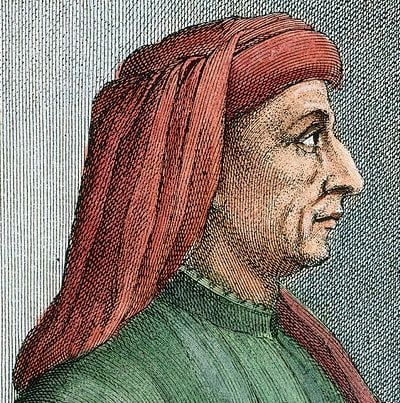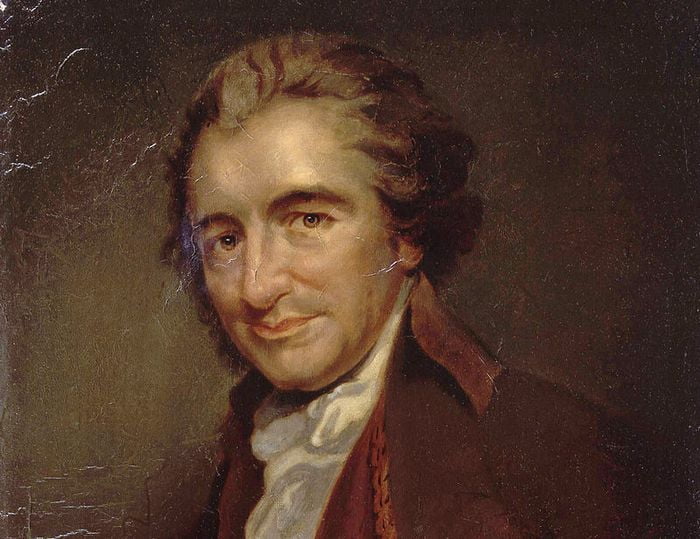He stood on the topmost of the courthouse steps, and for a moment looked down on the crowd with the usual air of official severity.
“Gentlemen,” he then cried out sharply, “by an ordah of the cou`t I now offah this man at public sale to the highes biddah. He is ablebodied but lazy, without visible property or means of suppoht, an` of dissolute habits. He is therefoh adjudged guilty of high misdemeanahs, an is to be sole into labah foh a twelve-month. How much, then, am I offahed foh the vagrant? How much am I offahed foh ole King Solmon?”
Nothing was offered for old King Solomon. The spectators formed themselves into a ring around the big vagrant and settled down to enjoy the performance.
“Staht im, somebody.”
Somebody started a laugh, which rippled around the circle.
Acquaintance on Outskirts
The sheriff looked on with an expression of unrelaxed severity, but catching the eye of an acquaintance on the outskirts, he exchanged a lightning wink of secret appreciation. Then he lifted off his tight beaver hat, wiped out of his eyes a little shower of perspiration which rolled suddenly down from above, and warmed a degree to his theme.
“Gome, gentlemen,” he said, more suasively, “it`s too hot to stan` heah all day. Make me an offah! You all know ole King Sol`mon; don`t wait to be interduced. How much, then, to staht `im? Say fifty dollahs!
Twenty-five! Fifteen! Ten! Why, gentlemen! Not ten dollahs? Remembah this is the Blue-grass Region of Kentucky the land of Boone an` Kenton, the home of Henry Clay!” he added, in an oratorical crescendo.
“He ain`t wuth his victuals,” said an oily little tavern-keeper folding his arms restfully over his own stomach and cocking up one piggish eye into his neighbor`s face. “He’ain`t wuth his `taters.”
“Buy `im foh `is rags!” cried a young law-student, with a Blackstone under his arm, to the town ragpicker opposite, who was unconsciously ogling the vagrant`s apparel.
“I might buy `im foh `is scalp,” drawled a farmer, who had taken part in all kinds of scalp contests and was now known to be busily engaged in collecting crow scalps for a match soon to come off between two rival counties.
“I think I`ll buy `im foh a hat-sign,” said a manufacturer of ten- dollar Castor and Rhorum hats. This sally drew merry attention to the vagrant`s hat, and the merchant felt rewarded.
“You`d bettah say the town ought to buy `im an` put `im up on top of the cou`t house as a scarecrow foh the cholera,” said someone else.
“What news of the cholera did the stage-coach bring this mohning?” quickly inquired his neighbor in his ear; and the two immediately fell into low, grave talk, forgot the auction, and turned away.
Read More about Ibn Battuta part 46








